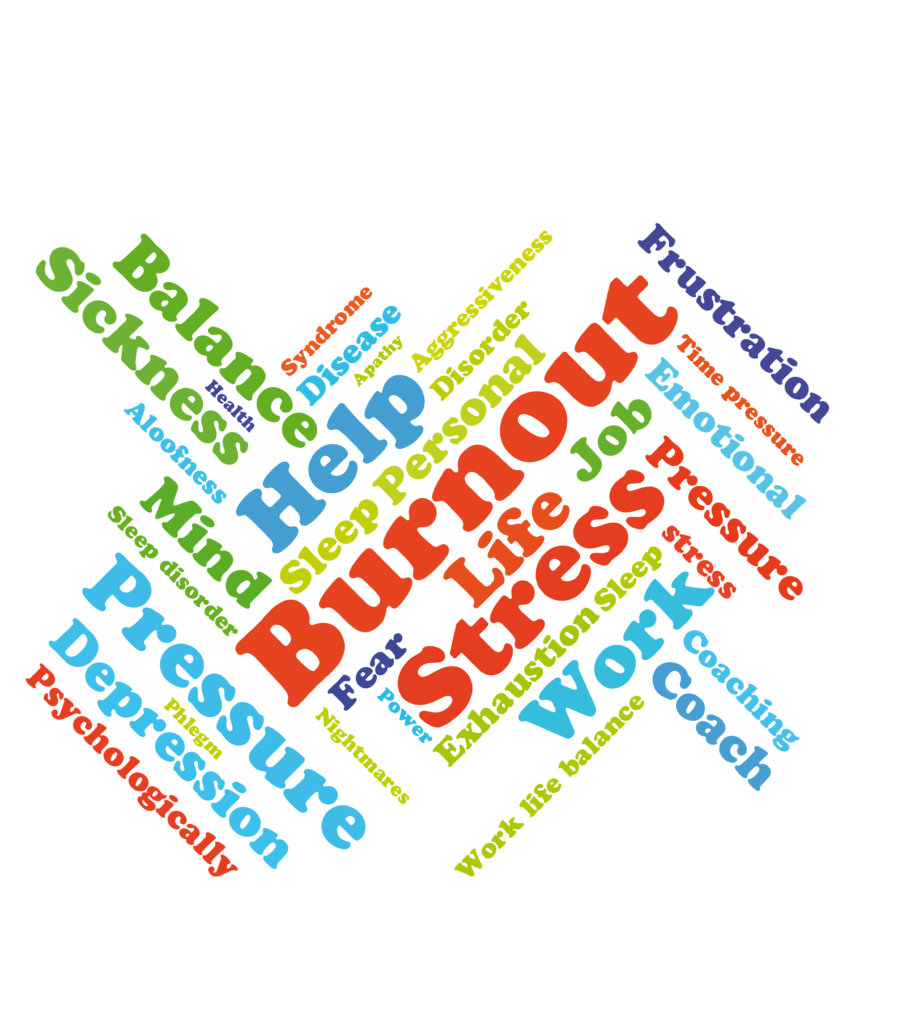Have you been feeling constantly exhausted, even after a full night’s sleep? Is it getting harder to focus, stay motivated, or enjoy the work you once loved? If yes, you’re not alone — and you may be dealing with burnout.
In today’s fast-paced world, burnout among high achievers and professionals is becoming increasingly common. But burnout isn’t just about feeling tired or stressed. It’s a measurable neurological state that affects how your brain functions.
In this blog, we’ll explore how burnout affects the brain, why it happens, and how you can begin to recover using simple, evidence-based strategies rooted in neuroscience.
What Is Burnout?
Burnout is a state of emotional, mental, and physical exhaustion that typically results from prolonged or excessive stress — most often related to work. It’s common among high achievers, professionals, and entrepreneurs who are passionate about what they do but struggle to find a sustainable balance.


Signs of burnout often include:
- Constant fatigue (even after rest)
- Difficulty concentrating
- Loss of motivation
- Irritability or emotional detachment
- A sense of helplessness or being stuck
The Neuroscience of Work Burnout
Burnout has a real, physical impact on the brain. Let’s break it down:
🧠 Prefrontal Cortex: Your Thinking Brain
This area of the brain is responsible for logical thinking, planning, decision-making, and emotional regulation. Under chronic stress, the prefrontal cortex becomes less active, which is why it becomes harder to focus, solve problems, or control your emotions when you’re burned out.
🧠 Amygdala: Your Emotional Alarm System
The amygdala plays a key role in detecting danger and triggering the body’s stress response. During work burnout, the amygdala becomes hyperactive, making you more reactive, anxious, or overwhelmed — even by small triggers.
🧠 Neural Communication Breakdown
Burnout weakens the connection between key brain regions, particularly between the prefrontal cortex and amygdala, reducing your ability to regulate thoughts and emotions effectively. This can cause emotional outbursts, impulsive decisions, or a complete emotional shut-down.
In short, burnout alters the way your brain functions — but the good news is, it can recover.

Why Work Burnout Happens
Burnout doesn’t happen overnight. It builds gradually from repeated exposure to stress without proper recovery.
Common causes of work burnout:
- Unrealistic deadlines or workloads
- Lack of control or autonomy
- Poor work-life balance
- Unclear goals or constant change
- Feeling unsupported or undervalued
Over time, your brain becomes stuck in survival mode, where clarity, motivation, and creativity start to fade.
How to Recover from Burnout: A Neuroscience-Based Approach

Many people are told to “just rest” or “take a break” — and while that may help temporarily, it doesn’t address the neurological changes that have occurred.
For genuine recovery, you need a brain-based approach that supports rewiring, resilience, and regulation.
1. Calm the Nervous System
Practise daily techniques like deep breathing, mindfulness, or nature walks to activate your parasympathetic nervous system, which helps quieten the amygdala and reduce overwhelm.
2. Rebuild Focus with Micro Habits
Start small. Choose one task at a time and schedule short, focused blocks of work. This helps re-engage your prefrontal cortex and rebuild your cognitive stamina.
3. Support Brain Health with Lifestyle Choices
Regular sleep, movement, social interaction, and proper nutrition are not optional — they’re essential for cognitive recovery. Think of them as your brain’s version of fuel and maintenance.
Go Beyond Recovery: Rewire for Long-Term Wellbeing
Recovering from work burnout is the first step. To thrive long term, it’s important to build a lifestyle that supports your brain, mindset, and goals.
Explore my neuroscience-based courses to deepen your understanding:
🧠 Optimising Brain Health for Peak Performance
Learn how to support your cognitive function and mental energy through brain-friendly routines.
💭 Overcome Limiting Beliefs from a Neuroscience Perspective
Break through mental blocks by understanding and rewiring unhelpful thought patterns.
🎯 Goal Setting from a Neuroscience Perspective
Set realistic, motivating goals that your brain is wired to pursue — without the burnout.
Final Thoughts
Burnout is not a personal failure — it’s a brain response to prolonged stress. And with the right support, your brain can recover, adapt, and grow stronger.
Whether you’re in the early stages of burnout or deeply overwhelmed by work burnout, know that healing is possible.






